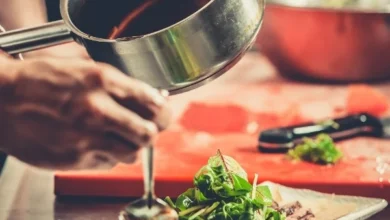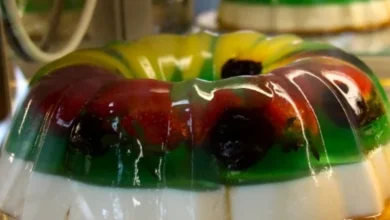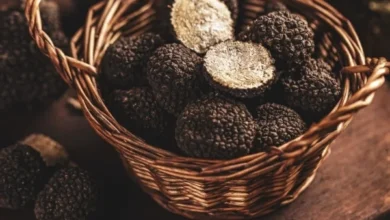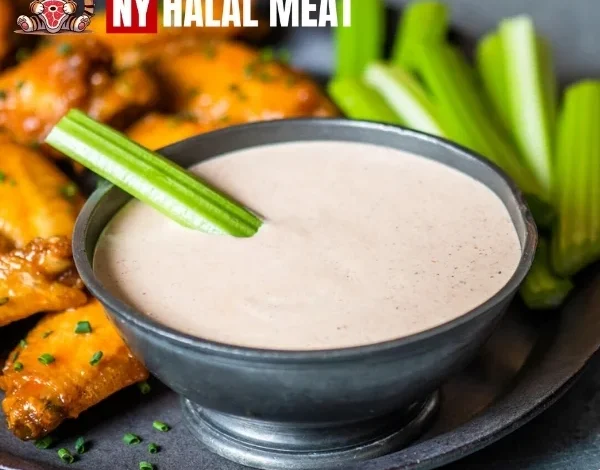
Is Ranch Sauce Halal in the USA?
Ranch sauce is one of the most popular and versatile condiments in the United States, commonly used as a dressing for salads, a dip for vegetables, and a topping for a variety of dishes like pizza, chicken wings, and fries. With its creamy texture and tangy flavor, ranch sauce is a staple in many households and restaurants. However, for individuals who follow halal dietary guidelines, the question arises: Is ranch sauce halal in the USA? This article will explore the ingredients of ranch sauce, the potential concerns regarding its halal status, and how to find halal-friendly ranch options.
What Does “Halal” Mean?
Before we delve into the specifics of ranch sauce, it’s important to understand the concept of halal. The term “halal” refers to what is permissible under Islamic law. For food to be halal, it must not contain ingredients that are forbidden (haram), such as pork, alcohol, or other non-halal substances. Additionally, for meat to be considered halal, it must come from an animal that has been slaughtered according to Islamic guidelines. When it comes to ranch sauce, the concern is not necessarily about the sauce itself but about the ingredients and how they are sourced and processed.
Common Ingredients in Ranch Sauce
Ranch sauce typically contains several key ingredients that contribute to its rich, creamy, and tangy flavor. These include:
- Buttermilk: Buttermilk is one of the primary ingredients in ranch dressing, providing a slight tanginess. It’s made from cow’s milk, which is halal, as long as the milk is sourced from a halal-certified producer.
- Mayonnaise: This common ingredient is made from eggs, oil, and vinegar or lemon juice. While mayonnaise itself is not inherently haram, the source of the eggs and vinegar used in mayonnaise should be considered. Eggs should come from halal-certified sources, and vinegar should be free from alcohol-based ingredients.
- Herbs and Spices: Herbs like parsley, dill, garlic powder, and onion powder are typical in ranch sauce. These ingredients are naturally halal, but it’s essential to ensure that no additives or non-halal substances are mixed in.
- Milk and Cream: These ingredients contribute to ranch dressing’s creamy texture. As long as the dairy is sourced from halal-certified suppliers and free from non-halal additives, they are halal.
- Preservatives and Artificial Flavors: Some ranch dressings may contain artificial preservatives or flavors. While most artificial flavors are synthetic and free from animal products, some may still be derived from non-halal sources. To avoid potential concerns, it is advisable to choose ranch dressing brands that are halal-certified, as they ensure no non-halal ingredients are used in production.
Is Ranch Sauce Halal?
In its basic form, ranch sauce does not contain any ingredients that are inherently haram, such as pork or alcohol. However, there are several factors that could influence whether a particular brand of ranch dressing is halal:
1. Source of Dairy Products
The dairy products used in ranch sauce (such as milk, cream, and buttermilk) must come from halal-certified sources. While most dairy in the U.S. is not explicitly labeled as halal, dairy products that are sourced from animals slaughtered according to halal standards are considered permissible. If you are particularly cautious about halal standards, it’s best to seek out ranch dressings that are made with halal-certified dairy.
2. Vinegar and Alcohol Content
Vinegar, which is often used in ranch dressing, may be derived from different sources. Some vinegar is made from wine or other alcoholic beverages, which would make the ranch sauce non-halal. However, most commercially produced ranch sauces use vinegar derived from grains like corn, which is typically halal. To ensure the sauce is halal, always check the ingredients to confirm the type of vinegar used.
3. Artificial Ingredients and Additives
Many ranch sauces contain artificial flavors, preservatives, and other additives. While most artificial flavors are synthetic and free from animal products, some may be derived from non-halal sources. To avoid potential concerns, it is advisable to choose ranch dressing brands that are halal-certified, as they ensure no non-halal ingredients are used in production.
4. Cross-Contamination
Even if a ranch dressing is made with halal ingredients, cross-contamination during the manufacturing process or in restaurants that serve both halal and non-halal food is a potential issue. Cross-contamination can occur if the same utensils or equipment are used for both halal and non-halal ingredients. For those who are strict about their halal dietary requirements, it’s important to inquire about the food preparation process or opt for certified halal ranch sauce.
Halal-Certified Ranch Sauce
While many ranch dressings on the market may not explicitly state that they are halal, some brands do offer halal-certified ranch sauce. These brands take extra precautions to ensure that all ingredients used in the dressing are halal and free from any non-halal substances.
Here are a few ways to find halal-friendly ranch sauce:
- Check for Halal Certification: Look for packaging that includes a halal certification symbol. This ensures that the product adheres to Islamic dietary laws and meets halal standards.
- Choose Brands That Specialize in Halal Products: Some brands are dedicated to producing halal foods, including dressings and sauces. These brands are a reliable option for those seeking halal ranch sauce.
- Make Your Own Ranch Sauce: If you want full control over the ingredients, making your own ranch dressing at home is an excellent option. You can use halal-certified dairy products, vinegar, and herbs to create a homemade version of ranch sauce that is guaranteed to be halal.
Conclusion
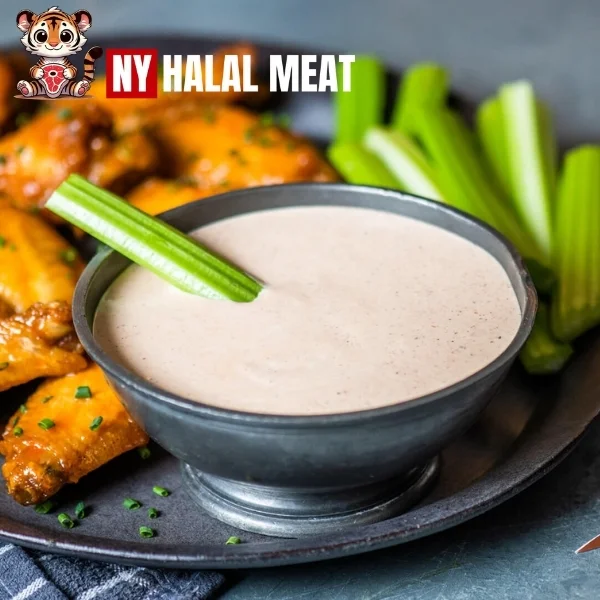
In conclusion, ranch sauce can be halal if it meets specific guidelines. The key factors to consider include ensuring that the dairy, vinegar, and artificial flavors used are halal-certified and free from any non-halal additives. While many commercial ranch dressings do not contain explicitly haram ingredients, it’s essential to check the labels or seek out halal-certified options to ensure that your ranch sauce adheres to Islamic dietary laws. For those who are particularly cautious, homemade ranch sauce made with halal ingredients is a reliable alternative.


